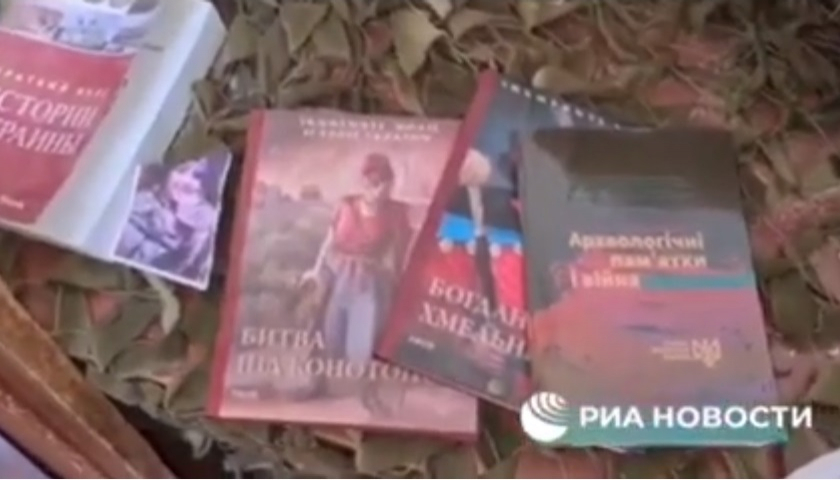After the ambassadors of the European Union approved the sixth package of sanctions against Russia on June 2, the pro-Kremlin media intensified the thesis that it would not affect Russia as much as the West. Russian propagandists write that the European Union has analyzed who is harmed by anti-Russian sanctions and decided to reconcile with Russia. Due to specific sanctions against Russia in the EU, inflation has been breaking all records recently, with grain and vegetable oil prices rising significantly. Therefore, the sanctions imposed by the European Union under the sixth package could lead to a "price shock," an increase in interest rates, and a decline in the population's purchasing power.
One of the sources of the manipulative idea of reconciliation was a column by scholar William Moloney in the American publication The Hill entitled "Can Russia win a PR war against the West?". A writer citing the New York Times suggests that the United States and its allies are no longer staunch supporters of "victory" for Ukraine and harsh "punishment" for Russia as they were at the beginning of Russia's full-scale invasion of Ukraine. And that now they are trying to find an acceptable way to compromise to end the war. But nowhere in the column does the author claim that the European Union has decided to reconcile with Russia. Even though the European Union has approved the sixth package of sanctions against Russia and Belarus in connection with Russia's unprovoked aggression against Ukraine. In particular, the EU has decided to ban the purchase, import, or transit of crude oil and certain petroleum products from Russia. Excluding the use of Russian oil will take six months for crude oil and up to 8 months for other refined products.
If restrictive political and economic measures against Russia had not destroyed its economy, Putin would not have had to repeat as a mantra that "sanctions against Russia are largely provoking a global crisis." He has recently blackmailed the EU and the US by unblocking Ukrainian ports for grain exports after anti-Russian sanctions are lifted. And on June 4, he came up with another option, if Ukraine wants to export grain, it can do it, but not through ports, but through Belarus, and for this, the EU will need to lift sanctions from Minsk.
And if in Russia, an analog of McDonald's was invented, Russian companies have already faced a technological crisis due to Western sanctions. According to the Financial Times, they can not replace their electrical and computer equipment from global manufacturers who have completely stopped doing business in Russia.
In fact, Russia's real place is a lot of noise out of nowhere. All of Russia has less GDP than one state of California or Texas. The only valuable contribution of modern Russia to the world economy is oil and gas.


